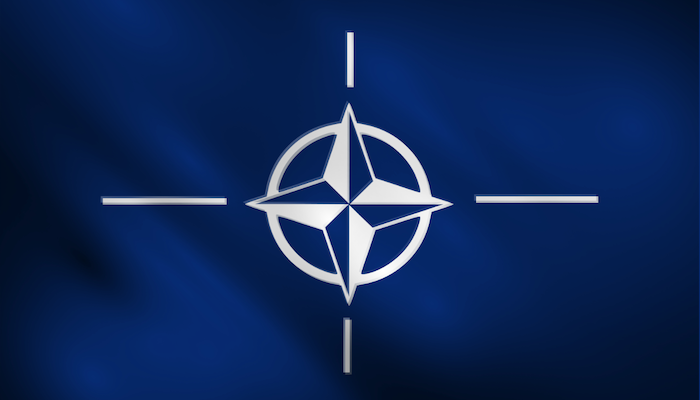providencemarianwood.org – The North Atlantic Treaty Organization (NATO), also known as the North Atlantic Alliance, is a military alliance established in 1949. It is headquartered in Brussels, Belgium, and currently comprises 32 member countries across Europe and North America. NATO’s primary objective is to ensure the collective defense and security of its member states through political and military means.
Historical Background
NATO was founded on April 4, 1949, with the signing of the North Atlantic Treaty in Washington, D.C. The original 12 member states were the United States, Canada, the United Kingdom, France, Belgium, the Netherlands, Luxembourg, Norway, Denmark, Portugal, Italy, and Iceland. The organization was created as a response to the perceived threat from the Soviet Union and its Eastern Bloc allies, marking the beginning of the Cold War era.
Structure and Leadership
NATO’s highest decision-making body is the North Atlantic Council, which includes representatives from all member states. The Secretary General, currently Jens Stoltenberg, leads the organization and chairs the council meetings. Other key leadership positions include the Military Committee Chairman, the Supreme Allied Commander Europe, and the Supreme Allied Commander Transformation.
Membership and Expansion
Since its inception, NATO has expanded significantly. Notable additions include Germany in 1955, Spain in 1982, and more recently, Sweden in 2024, which became the 32nd member. The organization has also developed partnerships with non-member countries to enhance regional security and stability.
Military and Defense
NATO’s military capabilities are substantial, with member states collectively spending over 10% of the world’s defense budget. The alliance emphasizes the importance of maintaining a defense expenditure of at least 2% of GDP for each member state. NATO possesses significant nuclear and conventional military forces, making it a cornerstone of Western military power.
Operations and Missions
NATO has been involved in numerous operations and missions worldwide, including peacekeeping in Bosnia and Herzegovina, the Kosovo War, and the intervention in Libya. The alliance has also played a crucial role in counter-terrorism efforts and has provided support to international missions in Afghanistan and Iraq.
Challenges and Future Prospects
In the post-Cold War era, NATO has adapted to new security challenges, including cyber threats, terrorism, and the rise of new global powers. The organization continues to evolve, focusing on modernizing its military capabilities and strengthening partnerships with non-member countries to address emerging threats.
Conclusion
The North Atlantic Treaty Organization remains a pivotal institution in global security, embodying the principles of collective defense and cooperation among its member states. As it continues to navigate the complexities of the modern world, NATO’s role in maintaining peace and stability remains as vital as ever.
